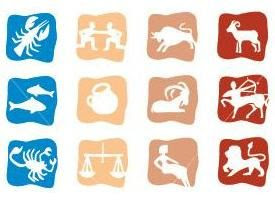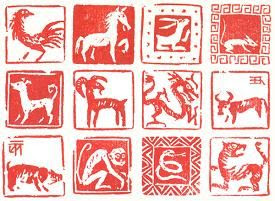Friday, November 9, 2007
Wasai--- Please listen to me
Posted by
Wasai Taiwan
at
2:41 AM
0
comments
![]()
Labels: Communication
Wednesday, October 24, 2007
Wasai--- What's in a name?

He looked miffed and rather discomfited. Had I said something wrong? Was my
Chinese bad? Was it that I was obviously a foreigner? All I had asked him was his name!
“It’s not important,” he replied stiffly, his voice almost inaudible through the loud thumping electronica that blasted through the dark pub in downtown Taipei. Baffled, I stuttered as I tried to forget the unexpected conversational speed bump and smooth over the awkwardness of the situation. Why was he there? Friend’s birthday party. How old was he? In his twenties. I quickly ran out of things to say and, crestfallen, turned away to rejoin my friends with whom I’d come to the loudly packed pub. That man hadn’t seemed to friendly. In fact, I was starting to wonder how people in Taiwan made new friends at all. The standard question that had served me so well back home—“So, what’s your name?”—seemed to have fallen disastrously flat.
Americans are mostly open and friendly people. Introductions often involve hand- shaking, sometimes even hugs, and a lot of small talk about names, occupations, hometowns, the weather, anything that keeps the conversation going. The first question I always ask—out of politeness, no less—is “What’s your name?” And I always, for better or worse, do my best to remember that name.
Taiwanese people are also friendly and open. However, as I later learned from a
Taiwanese friend, it’s usually a bad idea to start a conversation off by asking the other person’s name. It appears too forward, too invasive. A little time is needed—a little more friendly small talk—before names can be exchanged. And, after all the strange looks I’ve gotten for my American nosiness, I think it best to remember not just a new acquaintance’s name, but also not to ask for to quickly.
Submitted to Wasai Taiwan by: Jeffery Weng
(Taipei, Taiwan--- USA)
Posted by
Wasai Taiwan
at
5:00 AM
1 comments
![]()
Labels: Communication
Friday, August 10, 2007
Wasai--- Hugs, not drugs
My first experience of Taiwan began before I had even set foot on the plane from America. Within moments of leaving my cab, and joining the line at Los Angeles airport, I fell into a conversation with a man from Singapore and a Taiwanese woman (the first person from Taiwan I had ever met). She was so helpful, asking me where I was planning to stay in Taiwan, offering to give me a ride from the airport when we got to Taiwan, and just generally going out of her way to be hospitable and kind. This was a level of helpfulness that I have never experienced from a stranger in the United States. At the conclusion of our 14 hour flight, I determined that the hostel where I planned on staying was very far out of her way, so I suggested that I take a cab instead. She talked to the airport information center to find out the location of my hostel, and then lead me to the taxi stand, and gave the driver instructions in Chinese. We traded phone numbers, and then I thanked her and gave her a hug goodbye. I noticed as I did this that she appeared to be extremely nervous, and very surprised. She didn’t respond the way someone normally does to a friendly hug, and seemed to be frozen.
I discovered later that the idea of a “friendly” hug is not usual in Taiwan. In America, if a man and woman know each other fairly well, a hug is a usual form of greeting or saying goodbye. Women also usually greet each other with hugs if they know each other fairly well. It is not as usual for men to hug each other, but certain men will, especially if they are greeting or saying goodbye to a very close friend whom they haven’t seen for a while, or don’t plan to see again in the near future. Pats on the back, shoulder, or arms are very usual among male friends. Hugs are a nice, friendly tradition between men and women, but there is nothing intrinsically sexual about them. If you think someone might be interested in you, you can often tell by the way they hug you. A friendly hug is much more casual (and usually shorter) than a hug between people who are romantically involved. After our long journey together, and after all the help she had given me, I thought it would be very rude to say goodbye with a cold handshake! From what I have learned, this difference in cultures starts very early. Mothers in America never stop hugging their children, often embarrassing their teenage kids, and continuing to hug their children when they’re grown adults. I understand now that this is not usual in Taiwan. Hugs are so common in America that there was an anti-drug slogan put out by the government that said, “Hugs, not Drugs"
Submitted to Wasai Taiwan by: Randy Fowler (Taipei)
see some related videos:
1. Free hugs, Kaohsiung
2. Free hugs, Taipei (2006)
3.
VideoJug: How To Give A Great Man To Man Hug
 For Expats For Expats | |
| |
Posted by
Crossculture
at
11:42 AM
3
comments
![]()
Labels: Communication







